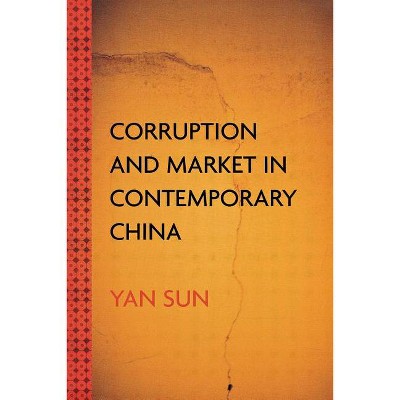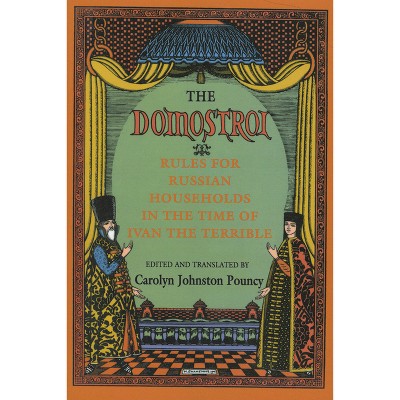Sponsored

Sociology of Corruption - by David Jancsics (Hardcover)
In Stock
Sponsored
About this item
Highlights
- In Sociology of Corruption, David Jancsics provides a fresh approach to the study of corruption in Hungary, which once seemed to be the most likely of the ex-communist bloc nations to catch up to the West and is, according to many experts and scholars, a country with a highly corrupt dynamic.Based on data from 2022, Hungary is now the most corrupt member state of the European Union.
- About the Author: David Jancsics is Professor at the School of Public Affairs of San Diego State University.
- 174 Pages
- Political Science, Corruption & Misconduct
Description
About the Book
"This book offers a novel sociological theory of corruption and uses it as a framework to make sense of rich ethnographic data, which includes more than one hundred in-depth interviews collected in Hungary over ten years of fieldwork."--Book Synopsis
In Sociology of Corruption, David Jancsics provides a fresh approach to the study of corruption in Hungary, which once seemed to be the most likely of the ex-communist bloc nations to catch up to the West and is, according to many experts and scholars, a country with a highly corrupt dynamic.
Based on data from 2022, Hungary is now the most corrupt member state of the European Union. There is also a consensus among experts that a small clique of corrupt political actors has captured most Hungarian state institutions and a significant portion of the business sector.
What fostered corruption in Hungary? What are the most typical forms of corruption in this country? What do Hungarians think about it? What is the role of prime minister Viktor Orbán in this? Sociology of Corruption proposes a novel sociological theory of corruption focusing on social status and relationships, network structures, and power dynamics as important explanatory factors of corrupt behavior. Although his focus is on Hungary, Jancsics's findings are applicable to other nations and cultural contexts.
Review Quotes
Overall, Sociology of Corruption is a richly detailed and theoretically robust exploration of corruption in post-communist Hungary. Jancsics challenges traditional views on corruption by focusing on its relational and organizational dimensions, providing valuable insights into how corruption is sustained within social systems.
-- "Cambridge University Press"David Jancsics' Sociology of Corruption is a rare example of a rigorous scholarly investigation that is also a joy to read.
-- "The American Review of Public Administration"In Sociology of Corruption, Dávid Jancsics provides a concise yet thorough analysis of the origins, types, and evolution of corruption in Hungary in the last thirty years. Sociology of Corruption is a valuable contribution to the study of corruption, with insights that travel well beyond the context of post-communist Hungary. Jancsics's ethnographic approach, combined with his critical perspective on anti-corruption policies, offers a fresh and insightful lens through which to view the problem.
-- "Democratization"About the Author
David Jancsics is Professor at the School of Public Affairs of San Diego State University. He consults with international organizations such as the United Nations, European Commission, U4 Anti-Corruption Resource Centre, and Transparency International.
Shipping details
Return details
Trending Non-Fiction











